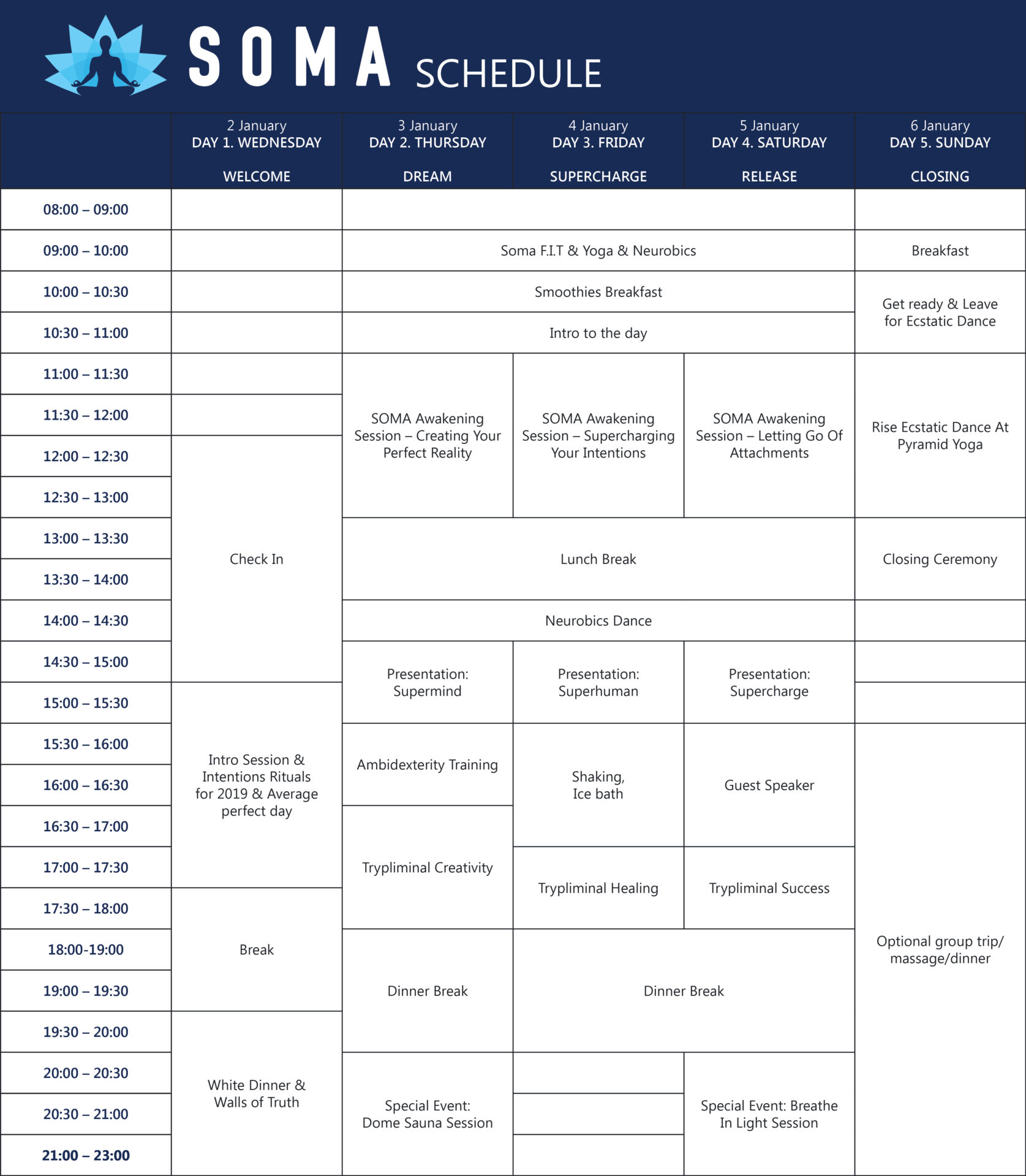Every time you express gratitude, you have the perfect opportunity to trigger a mental and emotional state that lasts the entire day. But what does it actually mean to be grateful?
Gratitude is a state of consciousness that we must live from. A way of life.
Gratitude has carried many people through turbulent storms. It has provided an anchor in the face of adversity. It allows people to become centered in moments of crisis. It awakens you to the beautiful gift of life.
It’s true, you may not be thankful for every single thing, but you can be grateful for everything that happens in life. The interconnectedness of the world is undeniable; even the hardest moments in your life are designed to prepare you for your highest calling.
You are the one creating your experience in life. You are the one who shapes the meaning of your past. You are the one who determines how well you’ll do, regardless of the circumstances you are in.
So focus on your capacity, not your circumstances. When you focus on your capacity, you realise that you have the power to create your desired future, regardless of what you see in front of you today.
Every day, you can experience huge amounts of gratitude for your past, your present, and your future. When you do, you’ll be amazed at the hope and optimism you feel. You’ll have a desire to reach out and connect with your loved ones, and tell them how grateful you are for them.
When you begin operating from a place of true gratitude, you’ll immediately begin transforming your life and relationships.
Gratitude Changes Your Brain
So, what are the facts? Research coming out of UCLA’s Mindfulness Awareness Research Centre is showing some exciting results that give us insight into how to achieve a happier life, and the answer is that it’s an internal journey rather than an external pursuit.
“Having an attitude of gratitude changes the molecular structure of the brain, keeps grey matter functioning and makes us healthier and happier”.
Not only are feelings of gratitude an emotional response, they’re a physical response too. One that trains your brain into transforming its physical structure as well as boosting mental and physical health. When you feel gratitude, research shows that “The central nervous system is affected. You are more peaceful, less reactive and less resistant”.
How to Practice Gratitude
Your brain has evolved and adapted over your lifetime to react certain ways and develop certain behaviours, so getting the full benefits of gratitude and rewiring your brain to be happier takes effort and patience – it’s all about retraining your brain and making those physical changes permanent.
Practicing gratitude can take many forms, so you can explore different options to discover which ones you want to make part of your daily life. Here are some ideas:
- Writing letters of thanks to the loved ones in your life.
- Create a daily gratitude list.
- Meditate on the feeling of gratitude.
- Keeping a journal and reflecting on each day.
- Express thanks on the spot, don’t wait ‘til later.
Do you have another gratitude practise you would like to share? Let us know in the comments below!


I have been the one to say – be the good you’re looking for in this world. We should be looking for good so why not start with us. We can change the world one person at a time.
Yes!
Thank you for your words.
I LOVE going quiet & focusing on the tingling sensations in my body… until ALL I AM is that electric tingling all over, leaving no space for thoughts… just GRATITUDE for feeling the lifeforce, for being ALIVE! (I love what you do too – thank you! – Ros)
Thank you for your words! this is wonderful to know!
“Research coming out of UCLA’s Mindfulness Awareness Research Centre is showing some exciting results”
A footnote with the citation would help, so those who would want to check the paper(s) can benefit from your effort . Clinicians would require this.
Hi, the link is embedded in the text itself!
Here’s the study:
http://newsroom.ucla.edu/stories/gratitude-249167
Cheers!